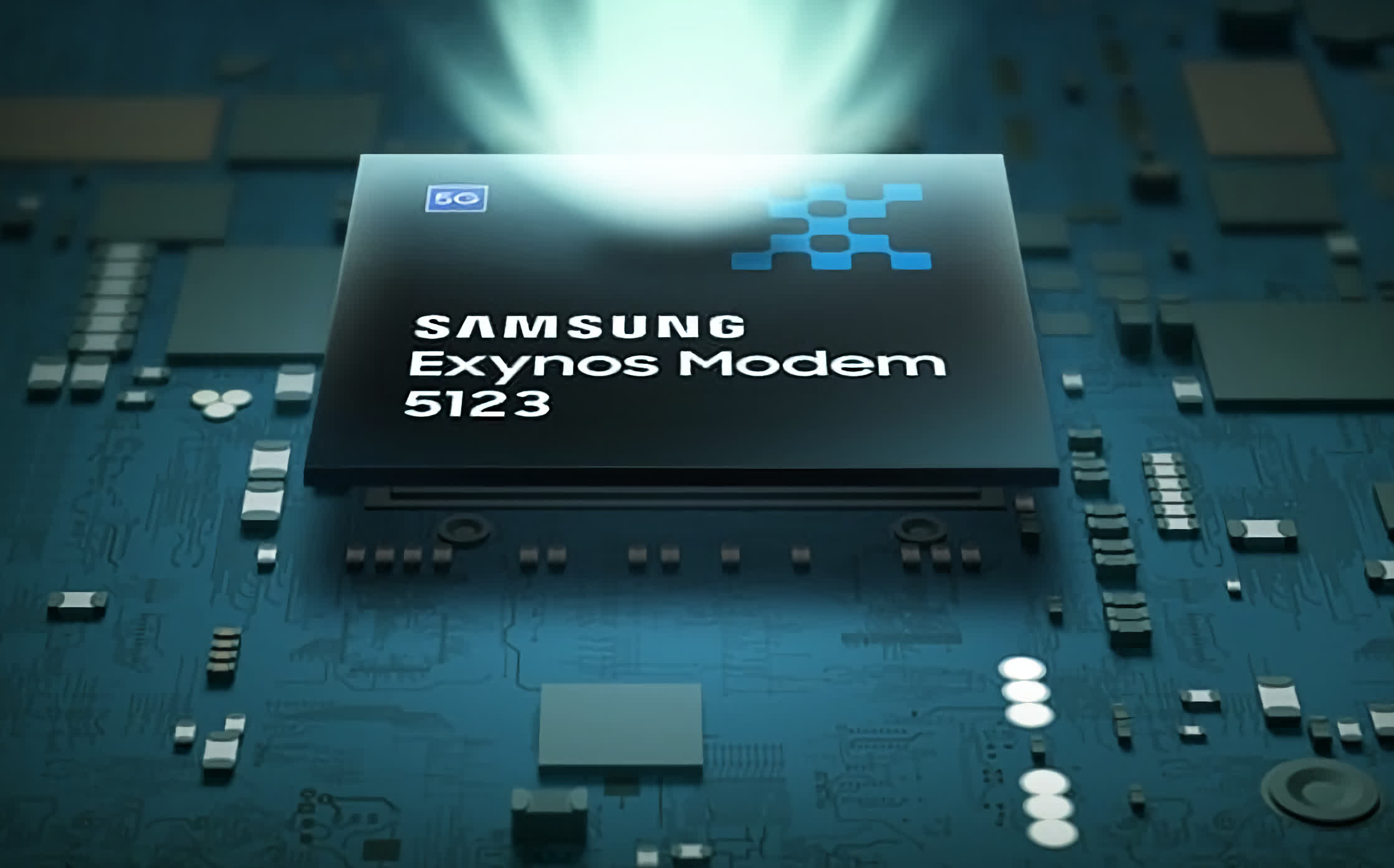In brief: Google takes pride in making a custom chipset for its upcoming Pixel flagships, but they're also said to incorporate a lot of Samsung DNA. This includes a Samsung Exynos 5G modem, a move that could encourage more phone manufacturers to follow suit and reduce Qualcomm's tight grip on the market.
Earlier this month, Google confirmed that its next two flagship phones are the Pixel 6 and the Pixel 6 Pro, the first to be powered by the search giant's first custom chip. Dubbed "Tensor," the new chip is the culmination of four years of effort and the product of almost two decades of computing experience. More importantly, it is seen as an important step towards bringing more uniformity to the Android platform, with the same tight integration between hardware and software that Apple products are known for.
Tensor will definitely bring a number of benefits, including better security and "specific experiences" powered by machine learning, but a lot of the hardware on the new Pixel 6 family is said to be Samsung-made, so this may turn out to be just as much a Samsung phone as it will be a Google phone.

According to a Reuters report, Google has decided to use a Samsung 5G modem in the new phones instead of going with the most popular choice – Qualcomm. The modem in question is a revised Exynos 5123, which is built on a 7nm-EUV process and supports both sub-6GHz and mmWave spectrums with a maximum download speed of 7.35Gbps under ideal circumstances where 8-carrier aggregation is possible.
This would make the Pixel 6 and the Pixel 6 Pro the first non-Samsung phones to come with an Exynos modem and has the potential to erode some of Qualcomm's stranglehold on the US market. After all, companies like Google, Nokia, and LG have recently pushed back against Qualcomm's 5G strategy, and Apple plans to move to its own 5G modems in the coming years.
It's worth noting that the modem is not the only Samsung component in Google's upcoming flagship phones, as the camera is said to use either a GN1 or a GN2 ISOCELL sensor – both of which excel in low-light situations. And come to think of it, Google's fancy new Tensor chip is also manufactured by Samsung using the latter's 5nm process node.
